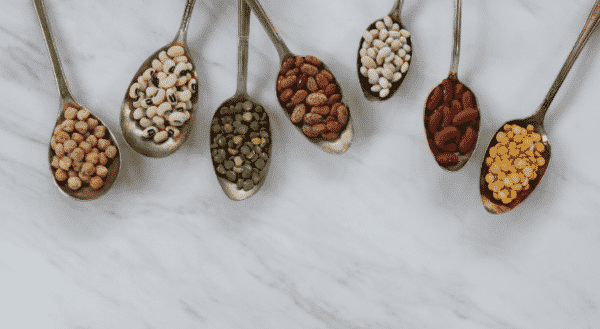The Latest on Plant-Based Meat
With global meat consumption projected to rise 74 per cent by 2050 due to rising protein demands, the obvious issue will be how exactly producers will meet the demands of a vast global population.
Karen Job, Head of Industry Engagement from independent think tank Food Frontier, offered her perspective on the issue in the presentation State of the Industry: Plant based Meat at this year’s 2021 Naturally Good Expo.

Food Frontier advises and connects businesses, innovators and policymakers in Australia and New Zealand to help them navigate and pursue opportunities in the emerging plant-based meat and cultivated meat sectors.
Even amidst the significant impacts of COVID-19, the company’s new report, with modelling by Deloitte Access Economics, shows the Australian plant-based sector doubled its jobs, manufacturing revenue and number of products on shelves from 2019-2020. This emerging industry’s growth trajectory is now projected to reach $3 billion by 2030.
Most popular types of plant-based meat
In particular it’s predicted that key meat substitutes of soy and pea protein, along with other alternatives such as mushrooms and various grains, will become more common place – particularly when mimicking traditional meat products such as burgers, mince and sausages.

A healthier option
Plant-based meats, on average, Ms Job said, are considered to be either nutritionally superior or comparable to similarly processed conventional meat products, across most categories.
On average, plant-based meats have:
- Lower or comparable kilojoules and sodium
- Higher or comparable protein
- Lower fat and considerably lower saturated fat
- High fibre – 65% of plant-based meats list dietary fibre
Growing demand – key stats
- Manufacturing revenue and jobs doubled in Australia’s plant-based meat sector in the 2020 financial year
- Australians spent $185 million on plant-based meats in FY2020
- Australian plant-based meat brands on shelf grew from 10 per cent to 19 per cent in this time
- Plant based meat products in Australian supermarkets doubled to more than 200 in FY2020

Opportunity to be a world leader
With big business investing $1.54 billion in plant-based meat ventures globally in 2020, Australia has a great chance to be part of the ongoing push into the plant-based sector said Ms Job. “However, there is not much domestically produced plant protein here despite the appetite for it. Australian consumers would love to buy local.” Price-wise, domestic products cost 15 per cent less on average than imported.
Ms Job said currently Australian producers are selling their crops into commodity markets. “However, if we had the infrastructure here for processing in Australia, there would be interested contractors and opportunity to sell both domestically and into overseas markets such as Asia. Australia has a great reputation for producing high quality products, and we have amazing scientists who could research the best species of say soy or pea protein. The technology is actually not difficult either, it’s just the scale of investment that’s needed.”
Ms Job was hopeful that in years to come the domestic plant-based market will grow.
“There really is economic potential. There is a growing movement to switch diets to more protein-based one on a global scale so demand will only grow. As there will not be enough existing protein to feed the population in years to come, this is more than just a trend – it will be a need.”
A big thank you to our speakers for being part of the Naturally Good Speaker Series 2021. If you would like to read more takeaways from our speaker sessions please subscribe here for regular updates.
-
Enquire!
- Book a stand
